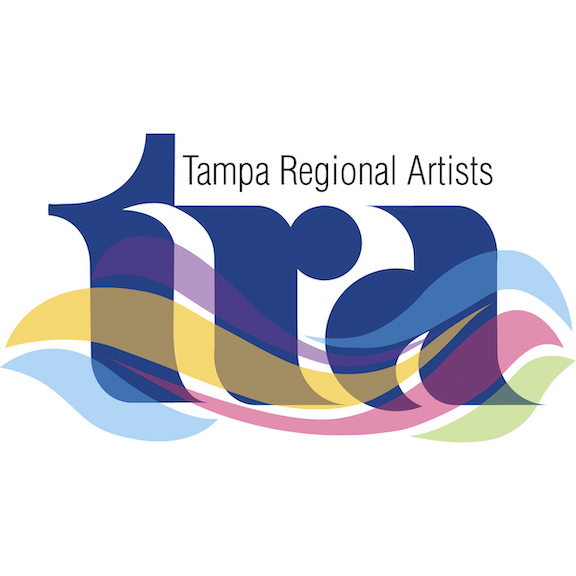About the Workshop:
This workshop will focus on the benefits of using toned paper for academic figure drawings. Drawings will begin with a block-in of the figure using geometric forms, a two-value simplification of lighting, and then careful development of the full-value range. Gesture, proportions, composition, and artistic anatomy will also be addressed.
About the Instructor
As a young boy, Kevin Grass was intently painting at the kitchen table in his family’s small home in Ste. Genevieve, Missouri, when his mom rushed in, asking: “Didn’t you see all the smoke?” He was so engrossed in his work that he never noticed the sneakers that his mother had placed in the oven to dry were beginning to smoke. That persistent dedication to his art has never left him, and it is why Grass now spends hundreds of hours perfecting each painting until it conforms to his vision. It was never a given that Grass would become an artist. His dad worked as a grocery store clerk and his mom as a school cafeteria worker when he was growing up in the small Midwestern community an hour south of St. Louis. Neither of his parents were interested in art and never took him to visit an art museum.
In high school, Grass created a wide variety of commissioned works, ranging from portraits and landscapes to campaign signs and car decorations. One of the murals he assisted with in downtown Ste. Genevieve still exists today. It has faded, but shows that Grass had promise as a figurative artist from an early age.
After becoming valedictorian of Ste. Genevieve High School, Grass began his formal art education at Washington University in St. Louis, Missouri. He started as an architecture student, but his obsession with painting was so strong that he changed his major at the beginning of the second semester of his sophomore year. He received his undergraduate degree in drawing and painting in 1990 from Washington University on a full academic scholarship.
At the University of Georgia, he met his future wife, Michaela Oberlaender, in a Northern Renaissance art class. That course had a extensive impact on his life because it also introduced him to the allegorical realism and the meticulous techniques of the Flemish masters that influence his work today. In his studio classes, Grass was encouraged to paint loosely and use oil paint, neither of which felt right to him, but it was an important stage in earning his masters of fine art degree.
Upon graduation, Grass spent a few months painting replicas of famous artworks onto furniture for Habersham Plantation in Toccoa, Georgia. During this period, he came home energized to paint his own works at night.
The fall after receiving his graduate degree, Grass began teaching art full-time at Gordon College in Barnesville, Georgia. In addition to teaching, he pursued corporate art commissions, regional juried shows, and had his first solo museum exhibition. While teaching was new and exciting, it was always a means for him to be able to paint.
In August 1997, while his wife was expecting their son, Grass moved his family to the Tampa Bay region to accept a teaching post at St. Petersburg College in Florida. He still teaches full-time as an Associate Professor of Art on the Clearwater campus.
Supply List
Supplies may be purchased locally at Blick or Hobby Lobby. They may also be ordered from any online art vendor (Blick, Jerry’s Artarama, Cheap Joe’s, Utrecht, Pearl, etc.)
Canson Mi-Tientes toned paper, 19 x 25 inches, 1 or 2 sheets. The sheets should be cut down to 18 x 24 inches so that they will fit comfortably on your drawing board. The color must be a relatively neutral middle-value, such as: Felt Gray, Oyster, Sand, Moonstone, Chestnut Brown, Flannel Gray, Moon Gray, Light Blue, or Pearl.
Clipboard or masonite a little bigger than 18x24
Charcoal pencils – I will be using Wolff’s Carbon B and 2B, and General’s Charcoal HB and B. Any brand of charcoal pencil will work for this workshop.
General’s white charcoal pencils or white conte pencils.
Vine or compressed charcoal – optional.
Sanding block or paper.
X-Acto knife or utility knife.
Chamois.
Blending stumps – these should be clean because some will be used for the charcoal and some for the white chalk.
Kneaded and plastic erasers.
Cost
$100 for TRA Members, $115 for Non-Members, if paid by cash or check. If paid online, a convenience change has been added to the price. If you are paying by cash or check, please click on the link below to register and then mail your check to TRA.
If you are registering for the workshop with the pay at the center option, please make sure that you click the cart that appears at the upper right hand corner of your screen and complete the registration process. The registration process will include a zero dollar payment. You must complete the registration process or your registration will not be complete, and we will not know that you are planning on being in the workshop. If you do not receive a confirmation, you have not completed the process. If you have questions, please contact Kathy Durdin at kathydurdin@gmail.com.






